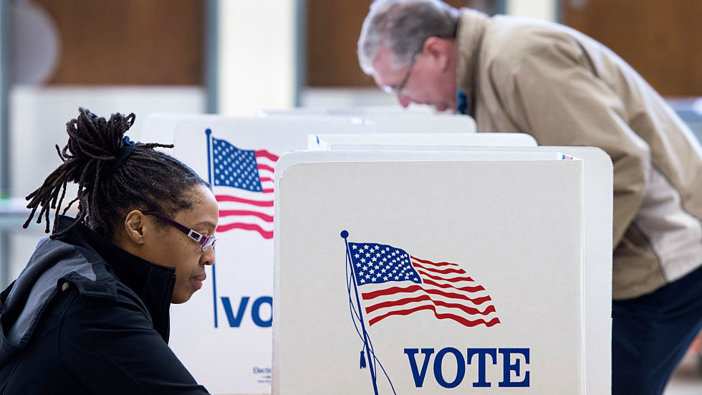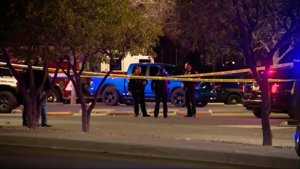
DOJ Sues NC Over Voter Roll Violations
The Trump administration sues North Carolina for failing to verify voter IDs under federal law.
Federal Lawsuit Filed Over Incomplete Voter Records
The Department of Justice filed a federal lawsuit Tuesday against the State of North Carolina and its State Board of Elections, alleging violations of the Help America Vote Act (HAVA). The lawsuit contends that the state failed to properly collect and maintain required identifying information—such as driver’s license numbers or the last four digits of Social Security numbers—from a significant number of registered voters.
According to the complaint, election officials allowed voter registrations to be processed without confirming the necessary identification data. The federal law mandates that if an applicant lacks a driver’s license or Social Security number, the state must assign an alternate identifying number. The lawsuit claims that, despite knowing this requirement, North Carolina election officials took only limited action to prevent future violations.
“Accurate voter registration rolls are critical to ensure that elections in North Carolina are conducted fairly, accurately, and without fraud,” stated Assistant Attorney General Harmeet K. Dhillon. She affirmed the Department’s readiness to take legal action against jurisdictions failing to uphold federal voter registration requirements.
The suit notes that these registration gaps were first acknowledged by a Democrat-led board in 2023. Although the registration form was updated following a voter complaint, the board declined to retroactively contact voters registered since 2004 to obtain missing identification data. Instead, it opted to collect the information ad hoc as voters appear at polling places, a practice now under scrutiny.
Legal and Electoral Consequences Unfold
The Department of Justice seeks a court order requiring the state to identify all noncompliant voter records and develop a plan within 30 days to update them. The goal is to ensure compliance before local elections begin in September.
Earlier lawsuits from the state and national GOP claimed as many as 225,000 voter records were missing key identifying details. Federal courts previously declined to intervene so close to the 2024 general election. However, post-election challenges continued, most notably from Jefferson Griffin, a Republican Supreme Court candidate who contested 65,500 ballots, citing missing data. Though half of those voters were later confirmed to have valid IDs, a state appeals court upheld the inclusion of all ballots in the final tally.
The case concluded with Democrat Allison Riggs winning by just 734 votes out of over 5.5 million cast. Griffin ultimately conceded, though he criticized the court’s reasoning.
This month, a shift in political control occurred on the State Board of Elections, with a new Republican majority formed under a 2024 law that transferred appointment authority to the Republican State Auditor. Executive Director Sam Hayes acknowledged the longstanding compliance issue and signaled willingness to work with federal authorities to resolve it.
“Rest assured that I am committed to bringing North Carolina into compliance with federal law,” Hayes stated.
As legal proceedings advance, the spotlight remains on the integrity of voter registration and the effectiveness of election oversight in the state ahead of its next electoral cycle.






